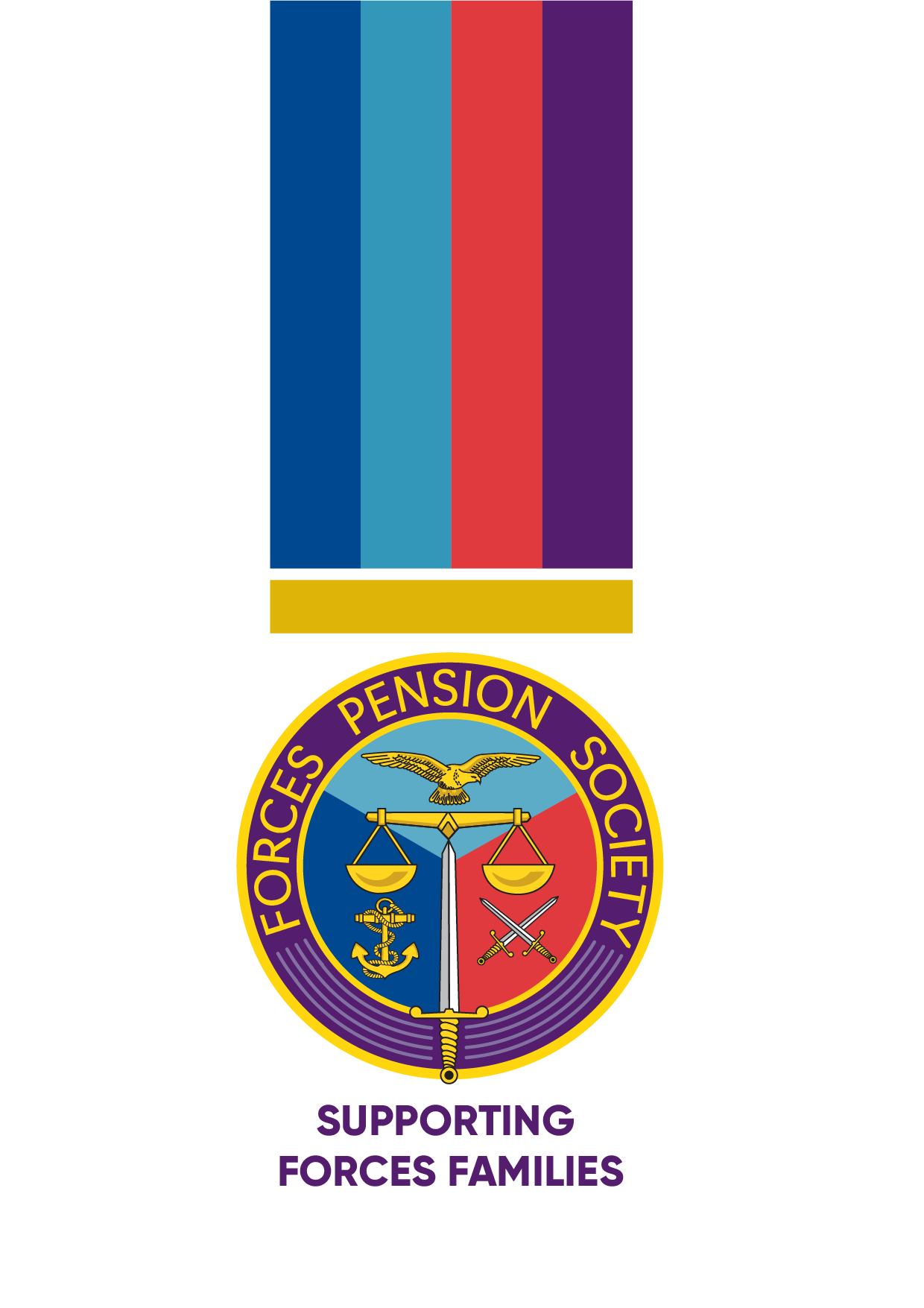Is your child entitled to the Armed Forces Bereavement Scholarship Scheme?
Could your child be entitled to the Armed Forces Bereavement Scholarship Scheme (AFBSS)? The scheme provides financial support for educational purposes to children whose parent has died in service to the Armed Forces. In this article, Mary Petley of the Forces Pension Society sets out the main AFBSS provisions and how to apply for funding.
What does the AFBSS do?
The goal of this scheme is to give bereaved Forces children a helping hand in their education. Young people in England must stay in secondary education until 18 years of age unless they are going on to another form of further education, apprenticeship, traineeship or a combination of part time education and work/volunteering. Elsewhere in the UK, the school leaving age is 16. But, wherever a child lives, this funding could potentially allow them to pursue a high-level education without the financial strain.
Study must take place in the UK (which, for these purposes, includes the Channel Islands and the Isle of Man) unless the course requires a period of study outside the UK – for example, a degree in French that requires time to be spent learning in France. Applicants who do not live in the UK are not excluded from the scheme, but they must obtain a place at a UK institution before applying. If successful, support will be provided as if they were a UK resident. Travel and visa costs are not covered by the scheme.

How much money does the AFBSS offer?
The scheme can provide a considerable amount of money to those who meet the criteria. The funding for a course equivalent to English level 3/Scottish SCQF level 6 or below is £1,500 per annum for all students. For University Scholarships/Higher Education, the amount which can be claimed varies depending on where the child lives and the tuition costs in the part of the UK their study takes place. The maximum rate payable is £14,200 a year (£9,250 for tuition and £4,950 for maintenance). If the study takes place in Scotland, Wales, or Northern Ireland the maintenance element of the payment remains at £4,950 per annum but the tuition element varies. This can range between £0 for a Scottish resident living and studying at a Scottish university (as a Scottish resident, you would not be charged a tuition fee) to £14,200 a year for a student that lives in England, Wales or Northern Ireland but studies at Scottish university (as a non-resident, you would be charged a tuition fee.) This money is not taxable.
Who is eligible?
· The child or their surviving parent must be in receipt of attributable benefits.
· The deceased parent must have died on or after 1st January 1990.
· The child can be a biological child, an adopted child or a stepchild. Foster children are not eligible.
· The child must be under the age of 24 – this age does not apply if the child suffers from physical or mental incapacity which prevents gainful employment.
· The child must be unmarried and not in a civil partnership.
· The child must be due to start their higher/further education within 3 years of finishing their previous phase of education. For university funding, for example, this means being due to start or having started a university course within 3 years of completing college/sixth form or their equivalents. If more than 3 years have passed, justification for the delay may be required.
Here’s an example of how it might work:
Child A and Child B are twins. They are 18, live in England, and both specialised in science subjects at school, obtaining good results and offers of university places. They started university last Autumn – Child A to study engineering and Child B to study medicine. Their dad, a serving officer in the British Armed Forces, died six years ago and the family is receiving AFPS 75 benefits and Survivors Guaranteed Income Payments from the Armed Forces Compensation Scheme.
For the last two years, the AFBSS has supported them through to age 18 to a value of £1,500 per year each. For their university studies, AFBSS will support them to the value of up to £14,200 per annum for their first undergraduate degree. Child B’s undergraduate degree is longer than Child A's but, as it is all one course, the support can be for its duration.
If they lived in Scotland and studied in Scotland (where there are no university tuition fees) the scholarship would be limited to the annual £4,950 maintenance element only. If they lived in Northern Ireland but one of them studied elsewhere in the UK, what then? If Child A studied at a university in Northern Ireland, their scholarship amount would be £8,415 per year, and if Child B studied in Wales, their scholarship amount would be £13,950 per year.
This example illustrates how the university scholarship amounts are set to take account of tuition fees across the UK. The annual maintenance element (£4,950) remains the same wherever the study takes place.
The ‘helping hand’ is obvious. Many families struggle with expenses and £1,500 per year per child for the final 2 years of secondary education could help lessen the strain, encouraging participation and achievement. Then, most young people come out of university with substantial debt, but the University Scholarship removes that burden from its recipients, allowing them to embark on a career without the worry of replaying their student loan.
No amount of money will make up for the loss of a parent, but it is good to know there are provisions in place to help and support the children of service personnel who have died whilst serving their country.
AFBSS is administered by Veterans UK, and you can find out more about the scheme, including access to the application form, at www.gov.uk/AFBSS.
To find our more about Forces Pension Society visit www.forcespensionsociety.org



